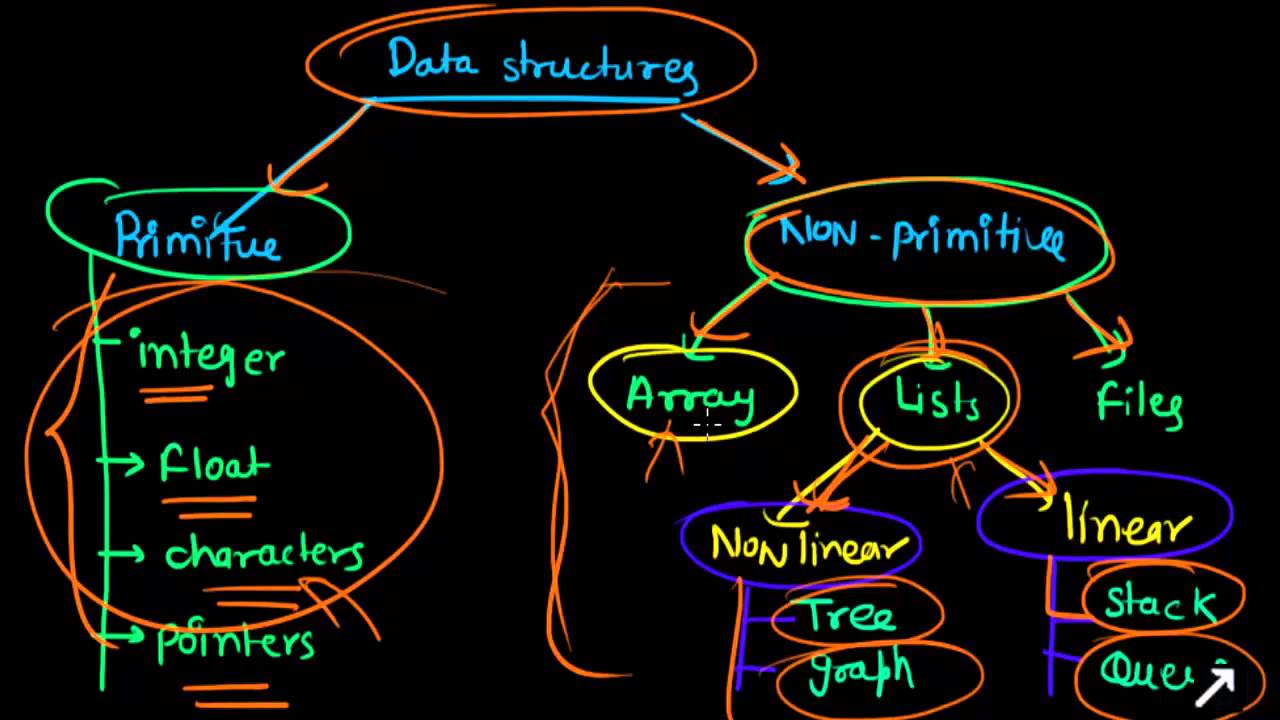Facebook is not giving back for the holidays. Rather, it is returning money to advertisers who were hurt by a flaw in its ad system that in some cases led brands to overspend by millions of dollars.
In the past week, Facebook has been in negotiations with major ad agencies and brands over the glitch in one of its key ad measurement programmes. The problem was disclosed last week, but Facebook said the issue went undetected for almost a year.
“Surprise, surprise the error was favourable to Facebook,” says one executive from a top ad agency affected by the glitch. “It was giving advertisers the false perception that Facebook was over-performing.”
“While making improvements to our measurement products, we found a technical issue that impacted some conversion lift tests,” a Facebook spokeswoman said in an email statement. “We’ve fixed this and are working with advertisers that have impacted studies.”
Here is what went wrong: Facebook’s “conversion lift” tool, which advertisers use to measure the effectiveness of campaigns in driving concrete goals like sales, misattributed the impact of the ads. Advertisers believed the campaigns were driving better results than they were. For brands that base ad spending on the success they see from past campaigns, they might have poured more money into Facebook as a result, based on the faulty data.
Facebook is issuing coupons to all the advertisers that were misled, but the compensation varies depending on how much the advertiser based its spending on the conversion lift studies, says a Facebook spokeswoman. In some cases, it’s thousands of dollars, and in the larger cases it can reach into the millions, advertising industry executives tell Ad Age. The ad execs reached for this story spoke on condition of anonymity, because they were not authorized to discuss the negotiations publicly.
“We’ve got some large brands that use a lot of the Facebook bells and whistles, and they were impacted,” says one of the execs. “And it’s a sore moment right now.”
Advertisers are hypersensitive to Facebook measurement issues because there is a history there. In 2016, Facebook disclosed a metrics glitch that affected video views, reporting that videos were receiving larger audiences for longer periods of time than they actually were. That measurement flub did not affect paid ads. The inflated views were reported on unpaid posts, but the mistaken reporting could have led some brands to spend more on video ads based on the erroneous stats. Facebook settled a lawsuit in that case worth $40 million.
The incident led to a reckoning throughout the digital ad world with major marketers calling for all digital ad platforms to implement greater transparency into how they report numbers. Facebook and others tapped independent third parties and groups like the Media Rating Council to help audit their services. The issue is still salient though, and just this month LinkedIn reported its own mistake that inflated the number of views ads received. LinkedIn said the error affected more than 400,000 advertisers.
Facebook’s executives have made a significant push in recent years to work more closely with ad partners to restore confidence in its ability to report accurately. “This isn’t Facebook’s first time that they’ve needed to provide some type of value back based on a measurement issue,” says an ad agency executive.
Another agency exec says the impact across dozens of clients was small and would amount to $100,000 credits. “They made some error in attribution, which suggested Facebook was more effective than it was,” the ad executive says. “It would have caught out people who rely more heavily on Facebook’s measurement.”
Facebook has noted that this measurement error did not affect a “billable” metric, meaning it was not akin to charging brands for more views than they actually received.
“We know this is a busy time of year for advertisers and their agency partners, [and] we’re making every effort to make sure they have the impact information needed,” Facebook’s spokeswoman said.






Comment
No comments found.